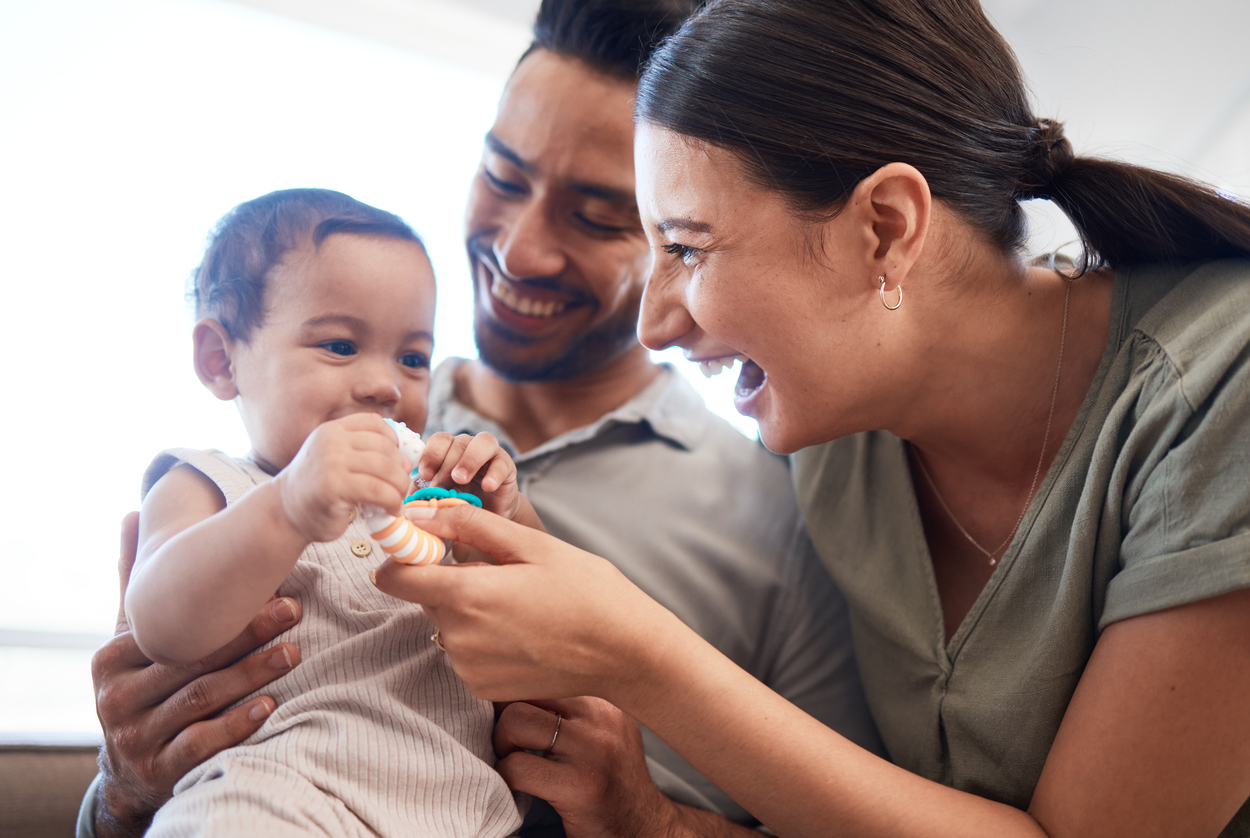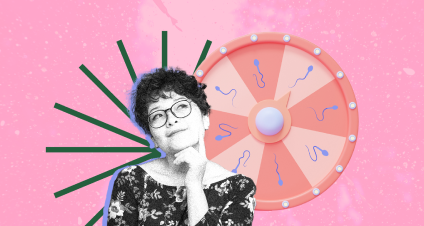If you’ve been through IVF, you know firsthand the immense emotional and physical commitment it takes to build your family. Now that your journey is complete, you may find yourself facing one final, deeply personal decision — what to do with your remaining embryos. If you’re struggling with this, know that you’re not alone. Many parents in your position wrestle with the options, searching for one that feels right. A compassionate transfer might be the answer you’re looking for.
What is a compassionate IVF transfer?
A compassionate IVF transfer is a procedure in which embryo(s) are transferred to your uterus at a time in your cycle that would not result in a pregnancy. This option is often chosen by parents who are done building their families but want to honor their remaining embryos in a meaningful way — one that aligns with their emotions, ethics, and personal beliefs.
Instead of discarding, donating, or continuing to store the embryos indefinitely, a compassionate transfer offers an alternative that allows for a sense of closure. According to the American Society for Reproductive Medicine (ASRM), this approach enables parents to make a decision that honors their embryos while avoiding the difficult emotions that can come with other options.

Why might a compassionate IVF transfer feel right for you?
As parents who have been through the IVF process, you’ve already made so many complex decisions. Choosing what to do with your remaining embryos is one of the final steps, and it’s natural to have mixed feelings. Here’s why some families find comfort in a compassionate transfer:
Emotional closure
Saying goodbye to embryos can be an emotionally charged experience, especially after everything you’ve been through to bring your children into the world. A compassionate transfer allows you to honor them in a way that provides a sense of peace and completion. Many parents choose this option because it allows them to move forward without lingering feelings of guilt or uncertainty.
Respecting personal and ethical beliefs
For some, discarding embryos or donating them to research doesn’t sit right. Others may not be comfortable with embryo adoption. If none of these options feel like the right fit, a compassionate transfer offers a way to say farewell that aligns with your values and beliefs.
Closing the chapter without ongoing storage fees
Keeping embryos frozen can feel like an emotional tether to a chapter of your life that has already closed. And while storage provides an option to preserve them for the future, it also comes with a financial cost. If you’ve made the decision that your family is complete, a compassionate transfer can be a gentle, intentional way to move forward without the burden of indefinite storage.

What does the process look like?
A compassionate transfer is very similar to a traditional embryo transfer, with one key difference — pregnancy is not the goal. Here’s what to expect:
1. Thoughtful conversations with your doctor
The first step is having an open and honest conversation with your fertility specialist about why this option feels right for you. Your doctor will walk you through the process and ensure that it aligns with your personal and medical circumstances.
2. Choosing the embryos
Together with your clinic, you’ll decide which embryos to transfer. These are usually embryos that are still viable but no longer needed for building your family.
3. The embryo transfer procedure
The actual transfer is much like the one you may have gone through during your IVF journey. The embryos are placed in your uterus at a time when implantation is unlikely. In the case of a compassionate transfer, the option may be given to do so without ultrasound guidance, since the goal here isn’t to achieve a pregnancy. Overall, the procedure is quick, minimally invasive, and doesn’t require anesthesia or recovery time.
4. Emotional support and reflection
Because this is such a personal and irreversible decision, it’s important to have support in place — whether through a therapist, a support group, or trusted loved ones. Many parents find that this moment is bittersweet, marking the true conclusion of their IVF journey.

Is a compassionate transfer the right choice for you?
Deciding what to do with remaining embryos is never easy, and there is no one-size-fits-all answer. If you’re feeling uncertain about donation or disposal, a compassionate transfer might provide the peace of mind and emotional resolution you need.
It’s okay to grieve the end of this chapter while also feeling gratitude for the family you’ve built. Whatever decision you make, it should be one that brings you comfort and closure. If a compassionate transfer feels like the right way to honor your journey, your fertility clinic can help guide you through the process.
At the heart of it all, this choice is about you, your family, and what feels most meaningful as you move forward. You’ve given so much love to this journey — now it’s time to find a way to close it that brings you peace.
Kristyn Hodgdon is a passionate women's health advocate and the Co-Founder and Chief Creative Officer of Rescripted, where she helps break down complicated medical info into content that's easy to understand — and actually helpful. As an IVF mom who’s experienced pregnancy loss and lives with PCOS, Kristyn blends her professional know-how with real-life experience to support others navigating similar journeys. Her work has been featured on Good Morning America, ScaryMommy, and more, and she’s the host of the podcast From First Period To Last Period. A Fordham University grad, Kristyn also volunteers with the Fly Again Foundation, which supports breast cancer patients. You can find her on Instagram or connect with her on Linkedin.









.webp)

.jpg)








